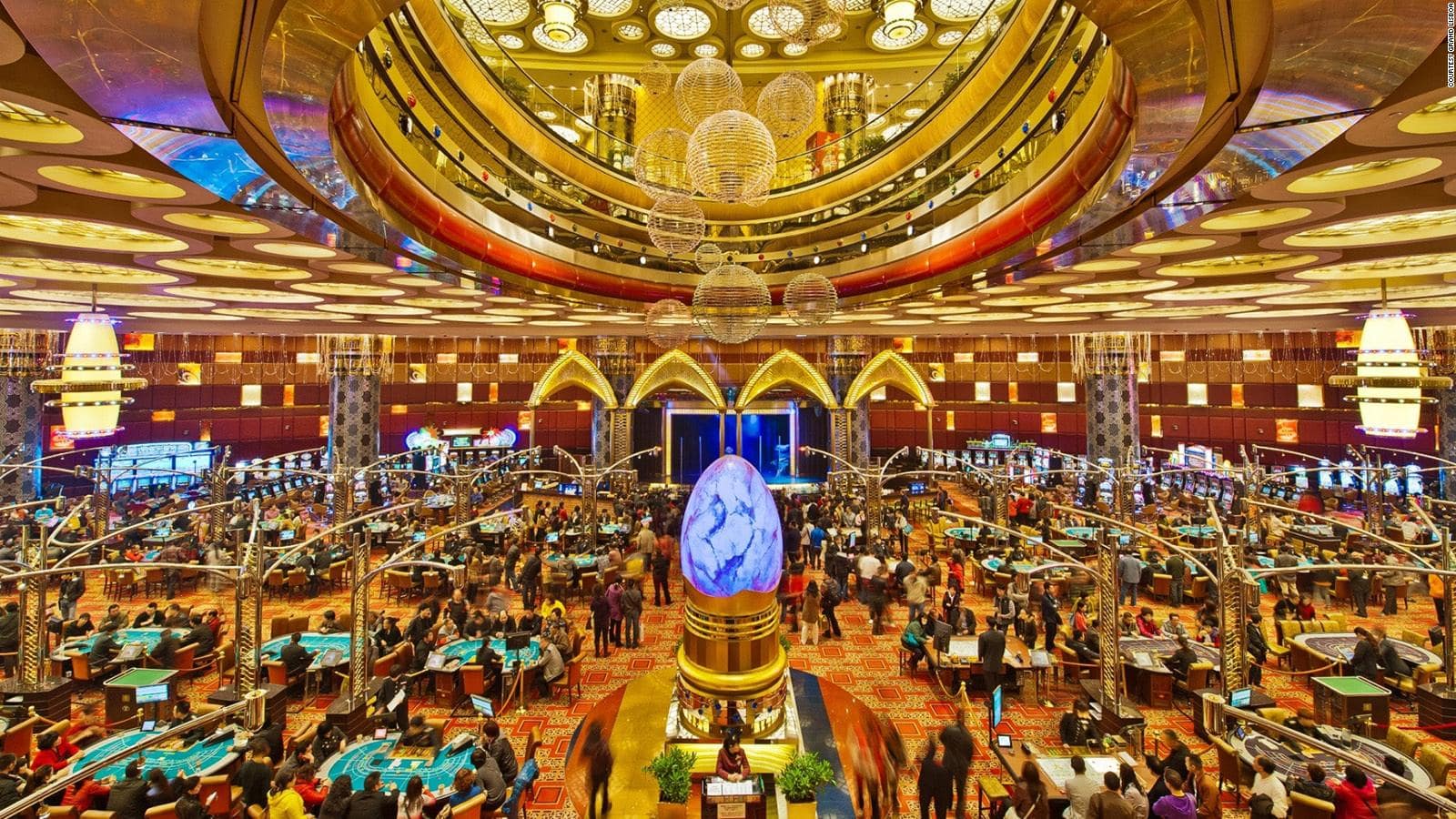
Casino games have long been a captivating form of entertainment, drawing millions of players from diverse cultures around the globe. From the glitzy casinos of Vegas to the thriving gambling halls of the Cotai Strip, these games serve as a link that brings together people across a variety of backgrounds. Nạp tiền Kubet The allure of luck, skill, and uncertainty entices not only those looking to strike it rich but also those seeking a feeling of belonging.
The influence of casino games extends significantly past the gaming floor. They often embody the social norms and beliefs of the societies in which they flourish. Games such as Texas hold ’em, 21, and roulette have embedded themselves into the fabric of cultural phenomena, influencing various aspects from movies to fashion. As we explore this fascinating intersection of chance and life, we can better understand how these games shape and are shaped by the world around us.
Historical Development of Casino Activities
The origins of casino activities can be tracked back to historical cultures, where betting in different forms was widely practiced. In Ancient China, around two thousand three hundred years before Christ, a variant of gambling known as Keno was well-known, while in old the Roman Empire, soldiers would regularly wager on the consequences of their games. The idea of using luck for fun and gain evolved over the ages, leading to the establishment of more formal games. By the final Middle Ages, gambling houses started to surface in the continent, especially in the Italian peninsula, which brought forth early versions of popular games still played today.
As gambling expanded popularity in Europe, the 17th and 18th centuries saw the emergence of casinos as dedicated locations for gambling. The earliest official gaming venue, the Ridotto, was set up in Venice in 1638, featuring games like the game of Baccarat and Faro games. This period marked a major shifting point, as casinos began to attract not just the wealthy but also the expanding middle class. The sophistication of activities grew, leading to the development of new guidelines and modifications that enriched the gaming experience.
In the 19th century, the era of industrialization and transformations in social conventions further changed the landscape of casino games. The arrival of roulette and new gaming machines attracted a broader clientele, and gambling establishments became seen as legitimate entertainment. This time witnessed the worldwide proliferation of gaming, as gambling houses spread from Europe to the Western Hemisphere, culminating in the establishment of the famous Strip of Las Vegas in the 1900s. The progress of gambling activities has persisted into the present day, including technology and digital sites, making them accessible to a global market.
## Cultural Importance in Diverse Societies
Gambling games have profound social value in many societies across the globe. For instance, in Las Vegas, the very fabric of the city is woven around casinos, where playing is not just a hobby but a fundamental aspect of leisure and community life. The vivid lights and vibrant atmosphere attract millions, showcasing how games of chance can shape local economies and cultural identities. This surrounding transforms the notion of relaxation into an enriching encounter that shapes style, sound, and even movies.
Conversely, some cultures view wagering with an air of caution, considering it through the lens of ethical beliefs and heritage. A case in point, in various Asian cultures, games like Mahjong and Pai Gow Poker are steeped in history and have significant social implications. These games are often played during get-togethers and festivities, fostering community bonds and strengthening kinship ties. The act of participating in these games goes beyond mere entertainment, reflecting principles such as honoring elders and the significance of collective enjoyment.
At the same time, in Western countries such as Monaco and the Italian Peninsula, gambling activities serve as symbols of opulence and elegance. The stylish atmosphere of these locations attracts both visitors and locals, maintaining a sense of distinction and elitism. The art of the game of poker and the strategic features of games like the game of baccarat are celebrated, influencing interpersonal interactions and creating an allure that fascinates a varied audience. This emphasizes how games of chance can simultaneously reflect and shape cultural perspectives towards hazard, gain, and relationship building.
Financial Influence and Tourism
Gambling activities play a crucial role in the economic landscape of many areas, particularly those that rely heavily on tourism. The revenue generated from gambling establishments fuels local economies, creating employment opportunities not only within the casinos themselves but also in related sectors such as hotel management, restaurant services, and recreation. This influx of tourists, drawn by the attraction of games and the overall casino experience, stimulates spending across multiple local enterprises, contributing to the economic vitality of the region.
The existence of casinos often leads to the development of facilities, including hotels, public transit, and leisure amenities. These improvements are essential in improving the overall visitor satisfaction, making locations more attractive to visitors. Additionally, many casinos contribute in local communities through sponsorship of events and charitable activities, further integrating themselves into the social fabric of the region. Such contribution not only supports economic growth but also cultivates a positive image of the casino industry. Kubet
In addition, the global popularity of casino games drives tourism competition, with locations vying to attract players from across the globe. Iconic locations like Las Vegas and Macau have become synonymous with casino culture, drawing millions each year. This competitive edge encourages innovation and variety within the gaming industry, influencing developments in entertainment and hospitality that resonate beyond their borders. The consequences of this tourism extend far, impacting local financial health and cultural exchanges on a global scale.
